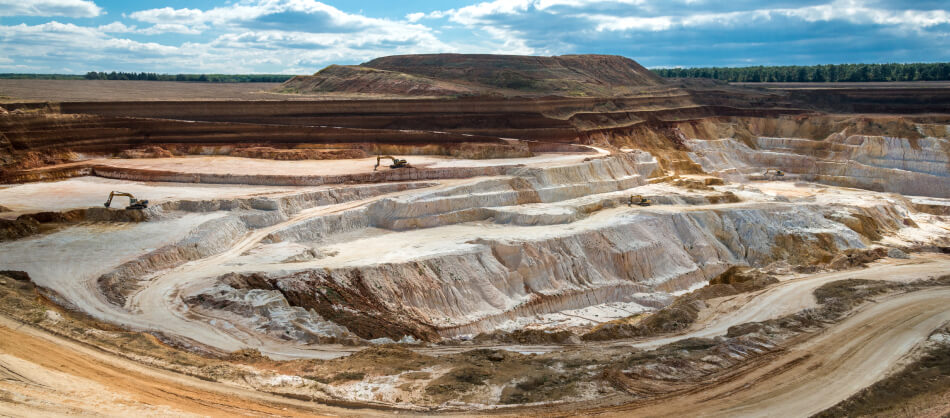Ball Clay

Ball clay is widely used in various ceramic applications due to its unique properties and characteristics. Here are some common uses of ball clay in ceramic applications:
Porcelain and Fine China: Ball clay is a key ingredient in the production of porcelain and fine china. It contributes to the plasticity and workability of the clay body, allowing it to be easily molded into delicate shapes. Ball clay also helps improve the strength, translucency, and vitrification of the finished ceramic ware.
Ceramic Tableware and Dinnerware: Ball clay is used in the manufacturing of ceramic tableware and dinnerware items such as plates, bowls, cups, and saucers. It provides the necessary plasticity for shaping and forming the objects, as well as strength and durability for everyday use.
Sanitaryware: Ball clay is an essential component in the production of sanitaryware, including toilets, sinks, and bathtubs. It helps create a smooth and vitrified surface that is resistant to water absorption and staining. Ball clay also enhances the workability of the clay body, making it easier to mold and shape into complex forms.
Ceramic Tiles: As mentioned earlier, ball clay is commonly used in the production of ceramic tiles. It contributes to the plasticity, workability, and strength of the tile body. Ball clay also helps control shrinkage during drying and firing, ensuring the tiles maintain their shape and size. It can influence the surface finish, texture, and glaze compatibility of the tiles as well.
Electrical Insulators: Ball clay is employed in the production of electrical insulators due to its high firing temperature and electrical properties. It is used in applications such as insulating bushings, high-voltage insulators, and electrical porcelain.
Refractories: Ball clay is utilized in the production of refractory ceramics, which are materials that can withstand high temperatures and are used in industrial furnaces, kilns, and other high-heat environments. It provides plasticity and bonding properties to the refractory mix, allowing it to be shaped and formed before being fired to create a strong and heat-resistant structure.
These are just a few examples of the many applications of ball clay in the ceramic industry. Its plasticity, strength, and firing properties make it a versatile and valuable material in various ceramic manufacturing processes.
